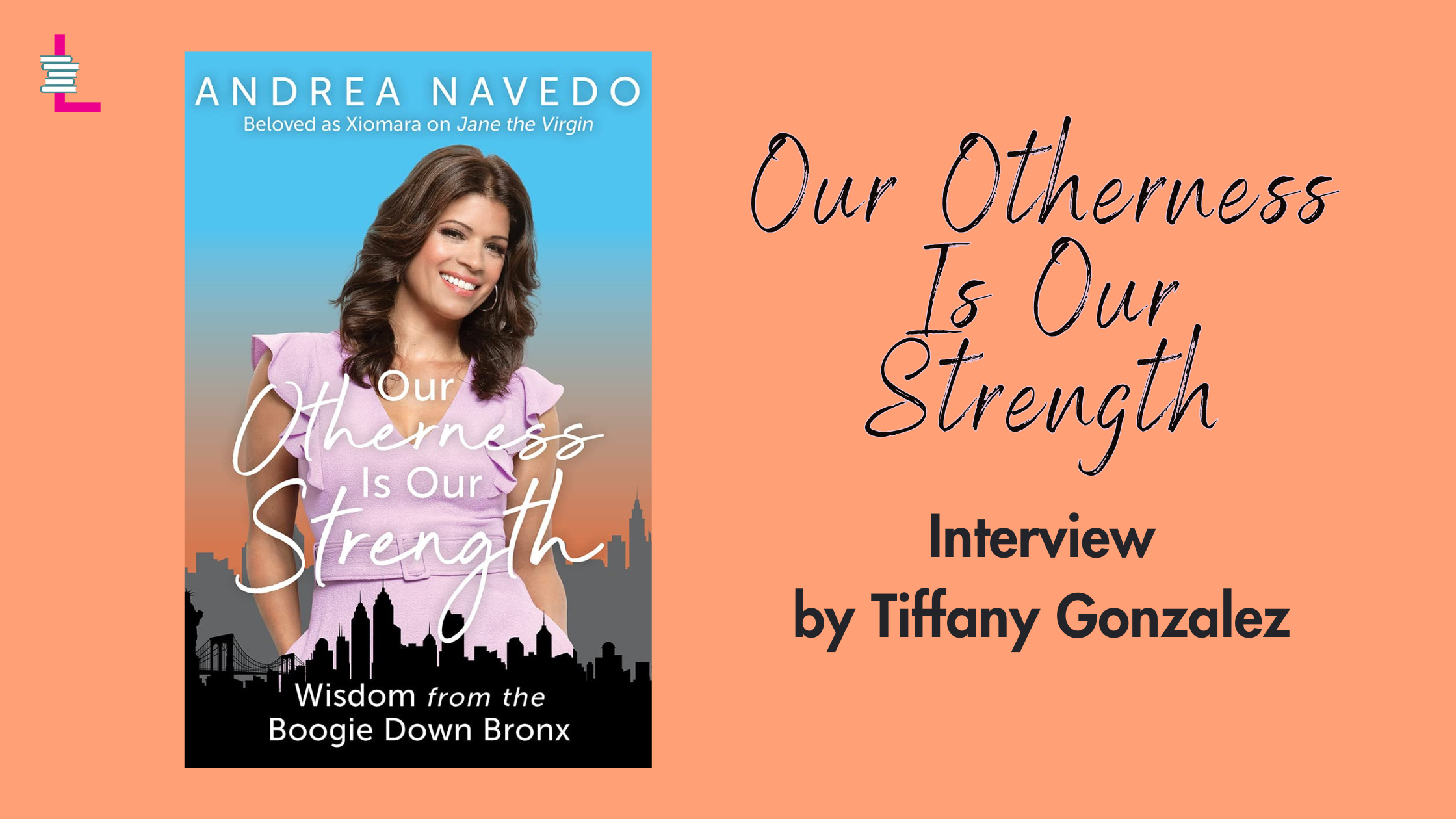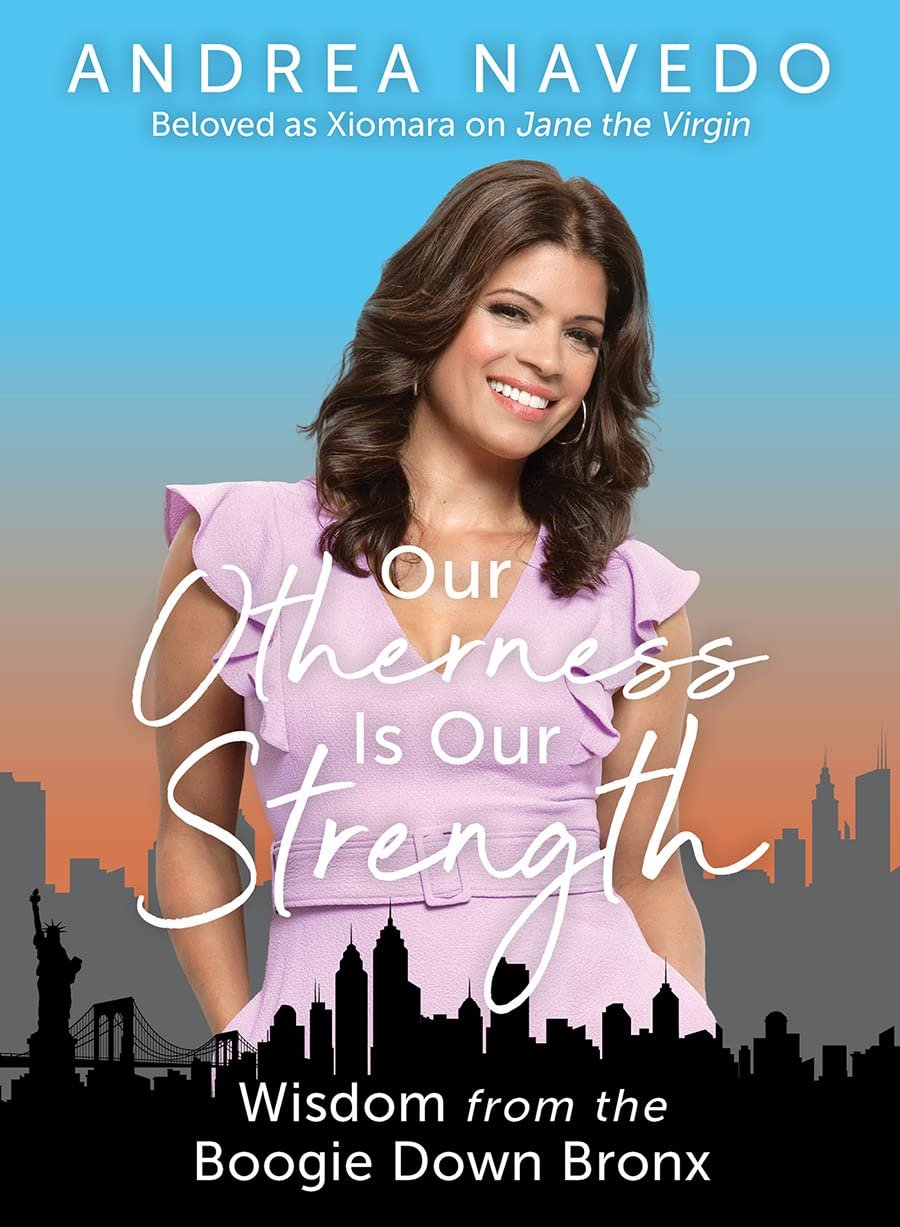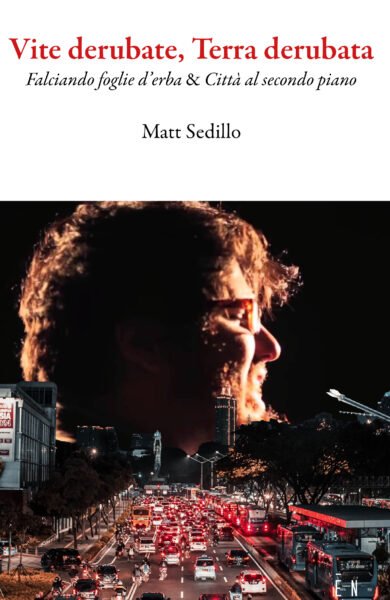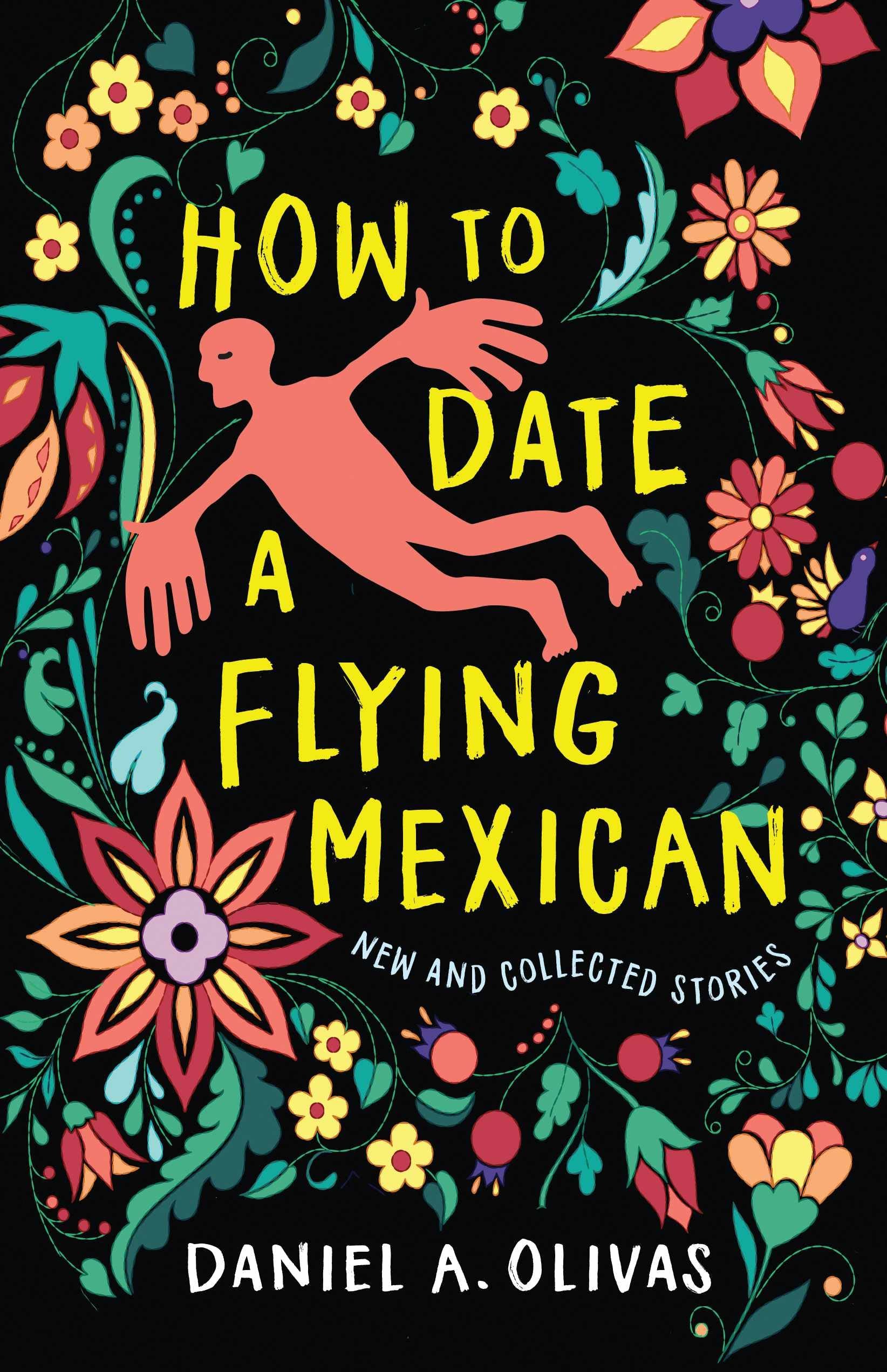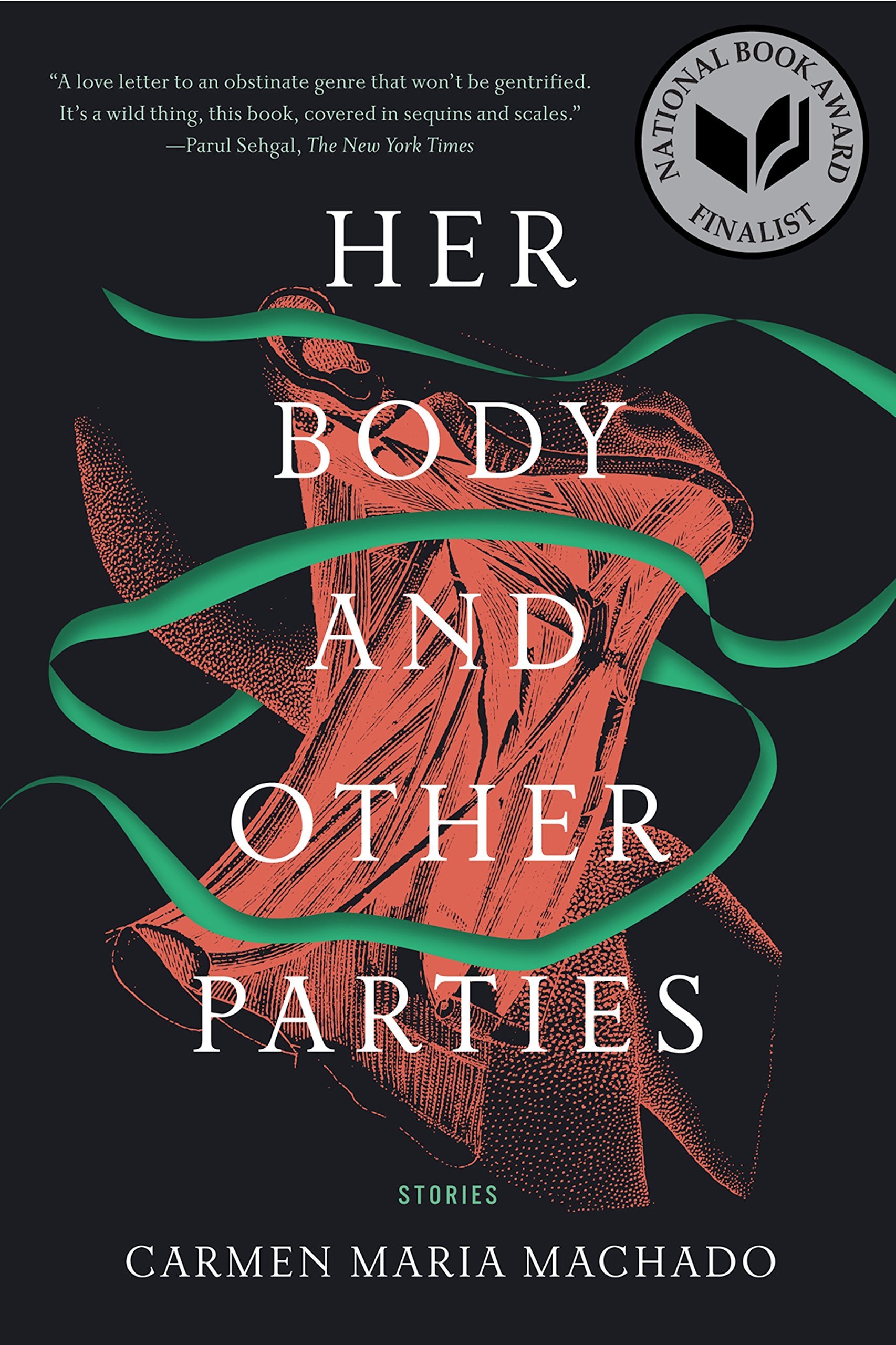Happy Pride Month! Celebrate with us by reading one of these amazing titles featuring LGBTQIA+ characters written by Latinx members of the LGBTQIA+ community. Make sure to add the rest to your TBR list to read later, because we should be reading LGBTQIA+ literature all year round.
When We Love Someone We Sing to Them: Cuando Amamos Cantamos by Ernesto Javier Martínez|Illustrated by Maya Christina Gonzalez|Translated by Jorge Gabriel Martínez Feliciano
When We Love Someone We Sing to Them is a bilingual picture book about the Mexican tradition of singing to family and loved ones and a young boy who asks his father if there is a song for a boy who loves a boy. Reframing a treasured cultural tradition, this story perfectly brings tradition and inclusion into the conversation.
The One Who Loves You the Most by medina
I have never felt like I belonged to my body. Never in the way rhythm belongs to a song or waves belong to an ocean.
It seems like most people figure out where they belong by knowing where they came from. When they look in the mirror, they see their family in their eyes, in their sharp jawlines, in the texture of their hair. When they look at family photos, they see faces of people who look like them. They see faces of people who they'll look like in the future.
For me, I only have my imagination.
But I'm always trying.
Twelve-year-old Gabriela is trying to find their place in the world. In their body, which feels less and less right with each passing day. As an adoptee, in their all-white family. With their mom, whom they love fiercely and do anything they can to help with her depression. And at school, where they search for friends.
A new year will bring a school project, trans and queer friends, and a YouTube channel that help Gabriela find purpose in their journey.
This Is Me Trying by Racquel Marie
Growing up, Bryce, Beatriz, and Santiago were inseparable. But when Santiago moved away before high school, their friendship crumbled. Three years later, Bryce is gone, Beatriz is known as the dead boy’s girlfriend, and Santiago is back.
The last thing Beatriz wants is to reunite with Santiago, who left all her messages unanswered while she drowned alone in grief over Bryce’s death by suicide. Even if she wasn’t angry, Santiago’s attempts to make amends are jeopardizing her plan to keep the world at arm’s length―equal parts protection and punishment―and she swore to never let anyone try that again.
Santiago is surprised to find the once happy-go-lucky Bea is now the gothic town loner, though he’s unsurprised she wants nothing to do with him. But he can’t fix what he broke between them while still hiding what led him to cut her off in the first place, and it’s harder to run from his past when he isn’t states away anymore.
The Luis Ortega Survival Club by Sonora Reyes
Ariana Ruiz wants to be noticed. But as an autistic girl who never talks, she goes largely ignored by her peers—despite her bold fashion choices. So when cute, popular Luis starts to pay attention to her, Ari finally feels seen.
Luis’s attention soon turns to something more, and they have sex at a party—while Ari didn’t say no, she definitely didn’t say yes. Before she has a chance to process what happened and decide if she even has the right to be mad at Luis, the rumor mill begins churning—thanks, she’s sure, to Luis’s ex-girlfriend, Shawni. Boys at school now see Ari as an easy target, someone who won’t say no.
Then Ari finds a mysterious note in her locker that eventually leads her to a group of students determined to expose Luis for the predator he is. To her surprise, she finds genuine friendship among the group, including her growing feelings for the very last girl she expected to fall for. But in order to take Luis down, she’ll have to come to terms with the truth of what he did to her that night—and risk everything to see justice done.
A Tiny Piece of Something Greater by Jude Sierra
Reid Watsford has a lot of secrets and a past he can’t quite escape. While staying at his grandmother’s condo in Key Largo, he signs up for introductory dive classes, where he meets Joaquim Oliveira, a Brazilian dive instructor with wanderlust. Driven by an instant, magnetic pull, what could have been just a hookup quickly deepens. As their relationship evolves, they must learn to navigate the challenges of Reid’s mental illness—on their own and with each other.
Cantoras by Carolina de Robertis
In 1977 Uruguay, a military government crushed political dissent with ruthless force. In this environment, where the everyday rights of people are under attack, homosexuality is a dangerous transgression to be punished. And yet Romina, Flaca, Anita "La Venus," Paz, and Malena—five cantoras, women who "sing"—somehow, miraculously, find one another. Together, they discover an isolated, nearly uninhabited cape, Cabo Polonio, which they claim as their secret sanctuary. Over the next thirty-five years, their lives move back and forth between Cabo Polonio and Montevideo, the city they call home, as they return, sometimes together, sometimes in pairs, with lovers in tow, or alone. And throughout, again and again, the women will be tested—by their families, lovers, society, and one another—as they fight to live authentic lives.
Cantoras is a breathtaking portrait of queer love, community, forgotten history, and the strength of the human spirit.
Elizabeth Cervantes is a proud Mexican book lover. She has a bachelor’s in Multimedia Journalism from the University of Texas at El Paso and is currently working on obtaining her master’s in Publishing at Pace University. When she is not studying and reading for her classes, you can find her crying, swooning, or locking her doors while reading children’s books, romance novels, and mysteries/thrillers.





